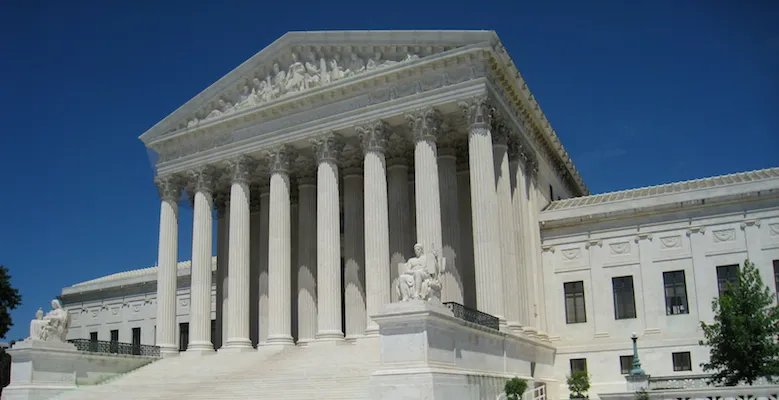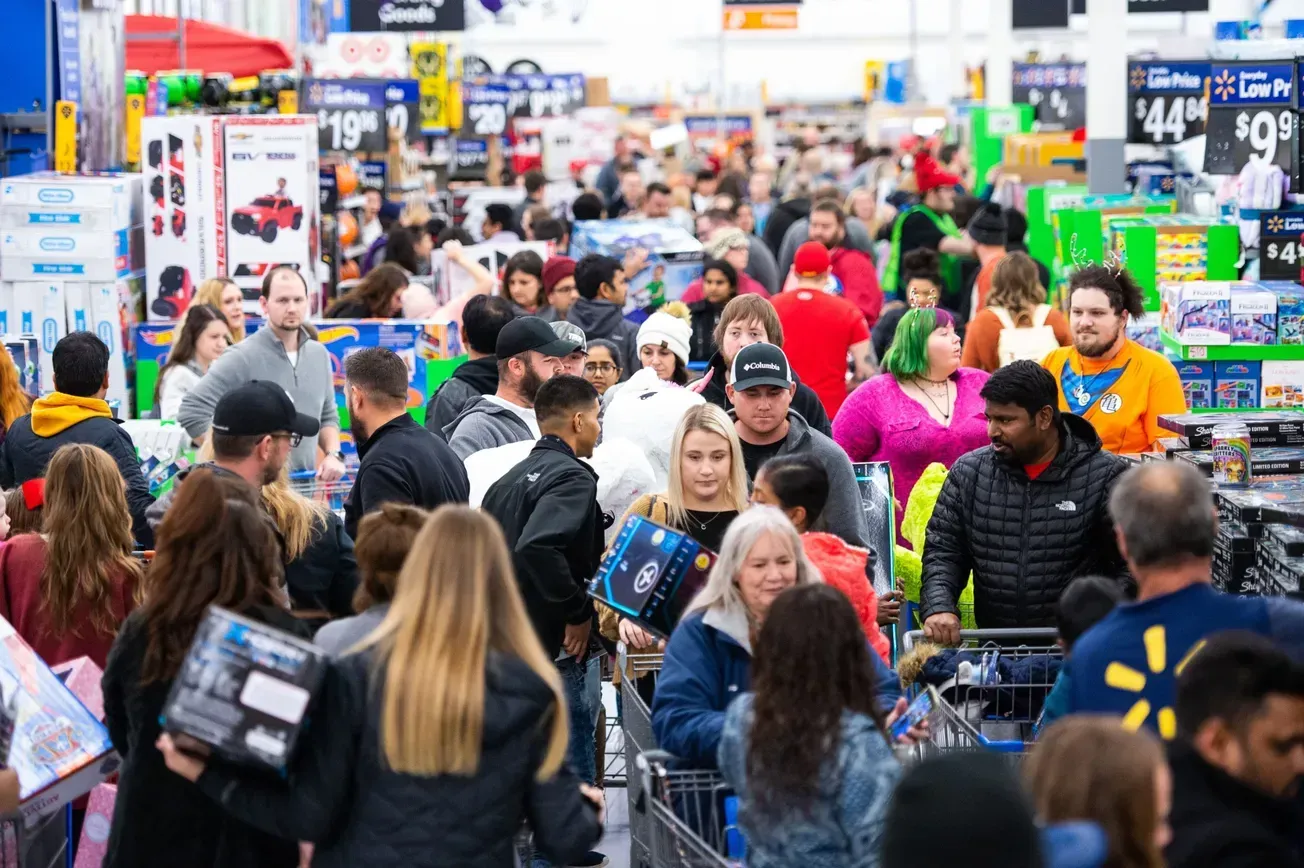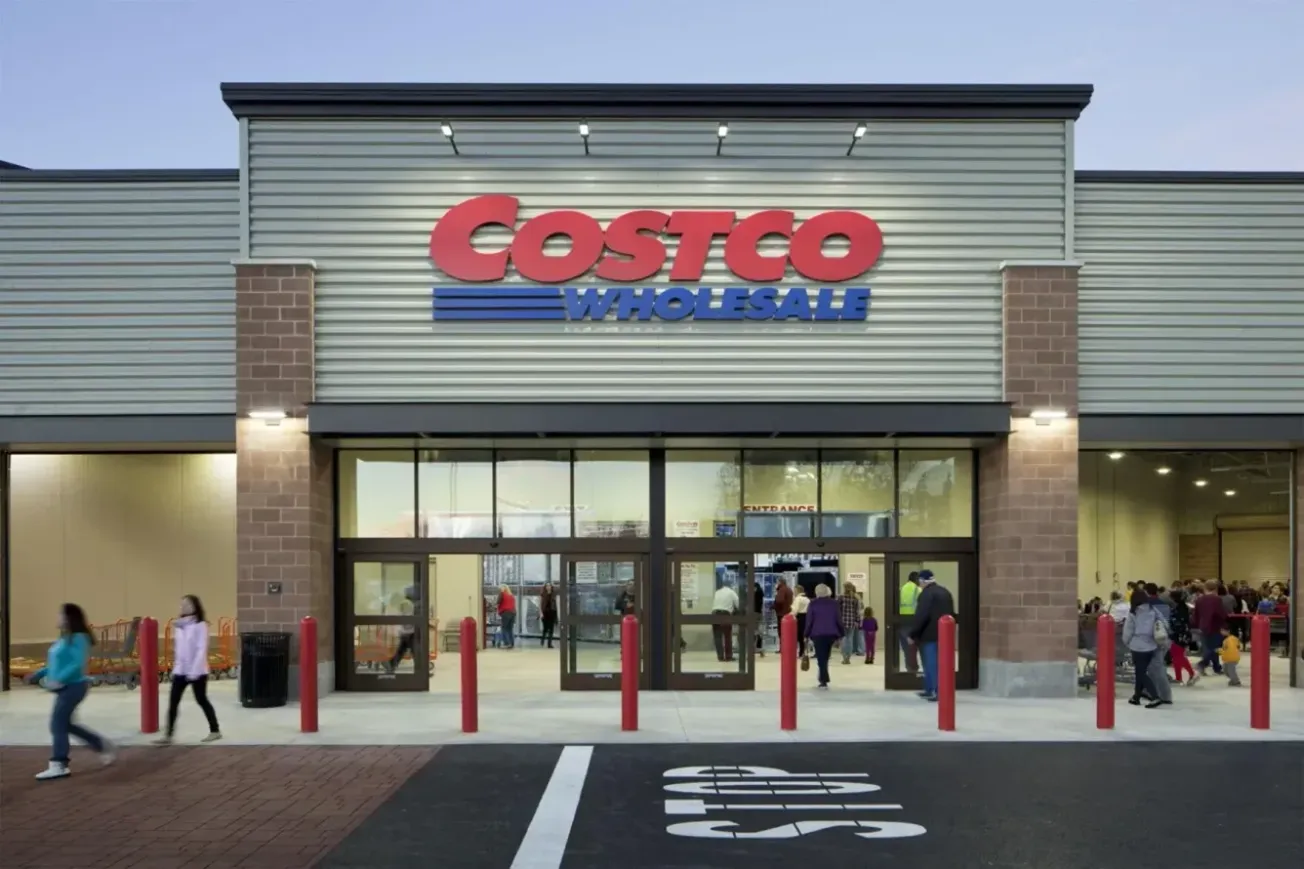WASHINGTON — The U.S. Supreme Court is set to hear oral arguments Tuesday on the question of whether online sellers can be required to collect sales tax in the same way that brick-and-mortar stores in local communities do. The National Retail Federation contends that they should, arguing in a brief filed in November that changing technology has rendered the court’s landmark 1992 ruling on the issue out of date, because the collection of such taxes is no longer the burden for online sellers that it once might have been.
“This case is largely about whether collecting sales tax is an undue burden on interstate commerce,” NRF President and CEO Matthew Shay said in a statement on Tuesday. “That might have been the case in 1992 but technology has eliminated that concern just as it has transformed the retail business and so much of the rest of our world. Today, there’s an app for that.”
The case in question involves a 2016 South Dakota law that requires online merchants with more than $100,000 in sales to state residents (or at least 200 transactions with state residents) to collect sales tax.
The law was struck down last year by South Dakota’s highest court, which cited the Supreme Court’s 1992 Quill Corp. v. North Dakota decision. In that case, the justices said online sellers can only be required to collect sales tax in states where they have a physical presence such as a store, office or warehouse. NRF notes that part of their reasoning was that there were more than 6,000 state and local sales tax jurisdictions across the country, and that the regulations were too complex for sellers that are not doing business locally to know how much to collect.
NRF argued in a friend-of-the-court brief that technology has made the court’s concern obsolete, citing a wide variety of software available to automatically collect the sales tax owed, much of its available free or at low cost. Many online sellers today already collect sales tax from customers in multiple states, either voluntarily or because they have the physical presence that requires them to do so, NRF said. But other online sellers do not collect, and NRF said in a second brief filed with other retail groups last month that lack of uniform collection is “inflicting extreme harm and unfairness” on local retailers by “distorting the retail market in favor of absentee ecommerce.”
“Representing retailers both large and small, NRF has been working with policymakers to rectify this disparity for nearly two decades,” Shay said. “We are very hopeful that the reason the justices have agreed to hear this case is that they want to update a ruling that has become antiquated in the light of developments over the past quarter-century. It’s time for the Supreme Court to clear the way for modern sales tax policy that will finally put all channels of retail – from stores to online – on a level playing field where everyone competes under the same rules. Online sellers who don’t have to collect sales tax have held an unfair price advantage over local retailers for far too long.”






